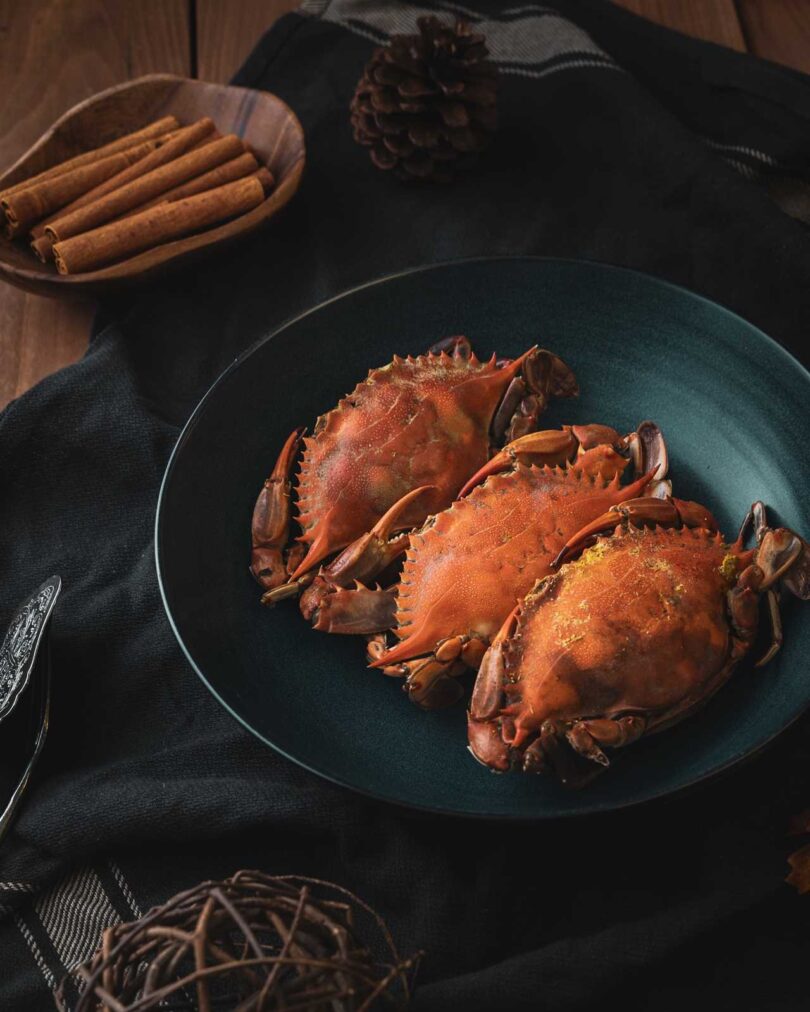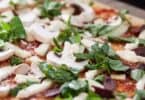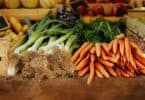Are you ready to take your cooking skills to the next level and become a master in the kitchen? Well, you’re in luck!
In this article, we will provide you with essential tips and techniques that will help you unleash your inner chef. Think of this article as your culinary compass, guiding you through the art of cooking with ease and confidence.
So, grab your apron, sharpen your knives, and get ready to embark on a delicious journey of freedom and creativity in the kitchen!
Key Takeaways
- Meal planning is essential for staying organized and saving time in the kitchen.
- Reading recipes thoroughly and understanding the steps and techniques involved is crucial for successful cooking.
- Preparing ingredients in advance through mise en place ensures a smoother and more efficient cooking process.
- Using high-quality ingredients and experimenting with flavors can elevate the taste of dishes and improve cooking skills.
Meal Planning
Plan your meals in advance to stay organized and save time. Meal planning offers numerous benefits, especially for those who desire freedom in their daily lives.

By creating a weekly meal plan, you can ensure that you have all the necessary ingredients on hand, making grocery shopping more efficient. It also allows you to maintain a healthy diet by making intentional food choices.
To create a successful meal plan, start by considering your schedule and any dietary restrictions. Choose recipes that are easy to prepare and can be made in bulk, saving you time throughout the week. Utilize leftovers for quick and convenient lunches.
Additionally, make sure to incorporate a variety of flavors and nutrients into your plan. By taking the time to plan your meals in advance, you can enjoy the benefits of organization and freedom in your everyday life.
Recipe Reading
Before you start cooking, make sure to thoroughly read the recipe to understand the steps and timing involved. Improving your recipe reading skills is essential for successful cooking. Many common mistakes can be avoided by taking the time to familiarize yourself with the recipe.
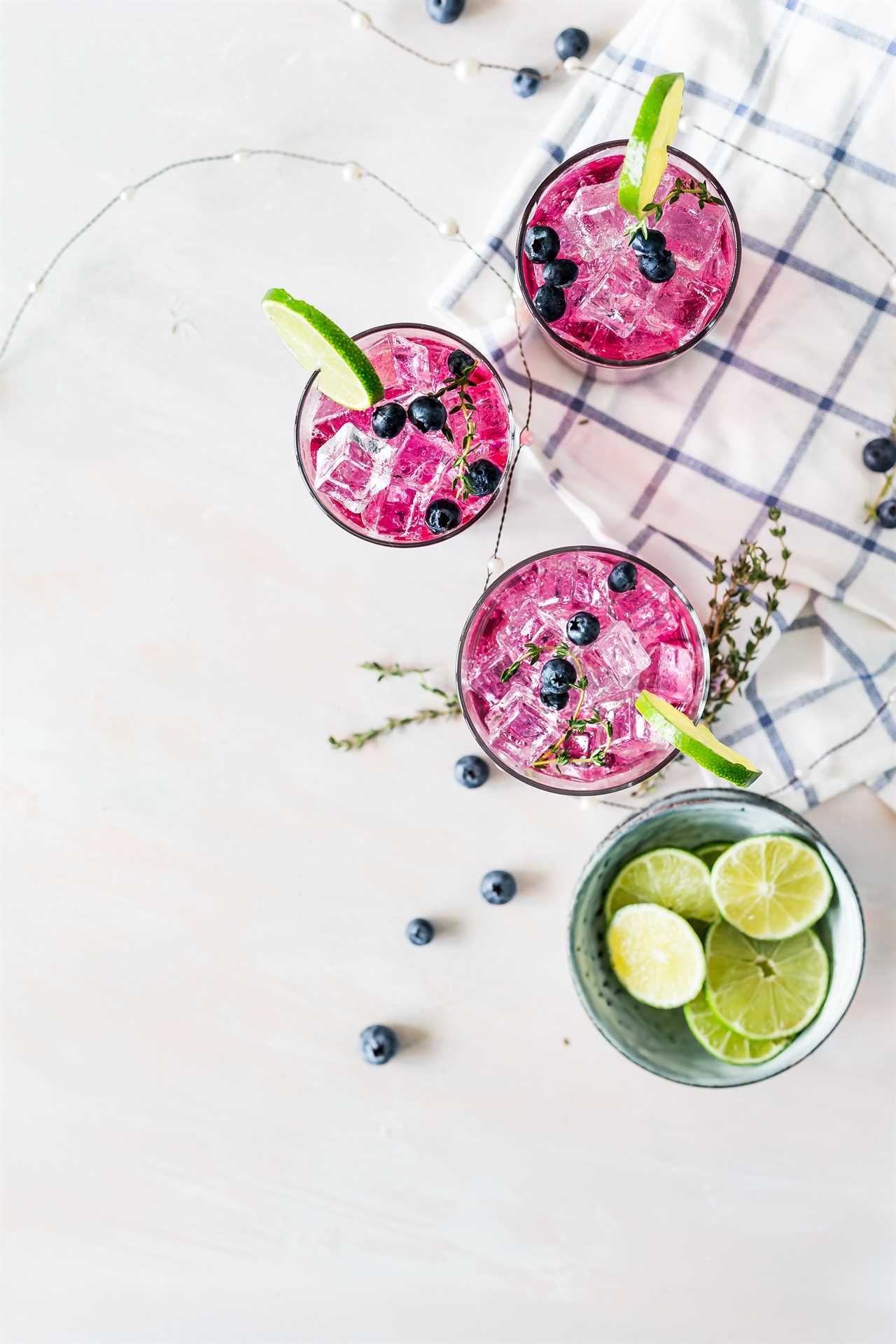
Here are some tips to enhance your recipe reading skills:
-
Read the entire recipe: Don’t just skim through the instructions. Take your time to understand each step and make note of any unfamiliar techniques or ingredients.
-
Pay attention to timing: Note the cooking times and any specific instructions regarding prepping ingredients ahead of time. This will help you plan and organize your cooking process.
-
Check for necessary equipment and ingredients: Make sure you have all the tools and ingredients required before you start cooking. This will save you from last-minute surprises and frustrations.
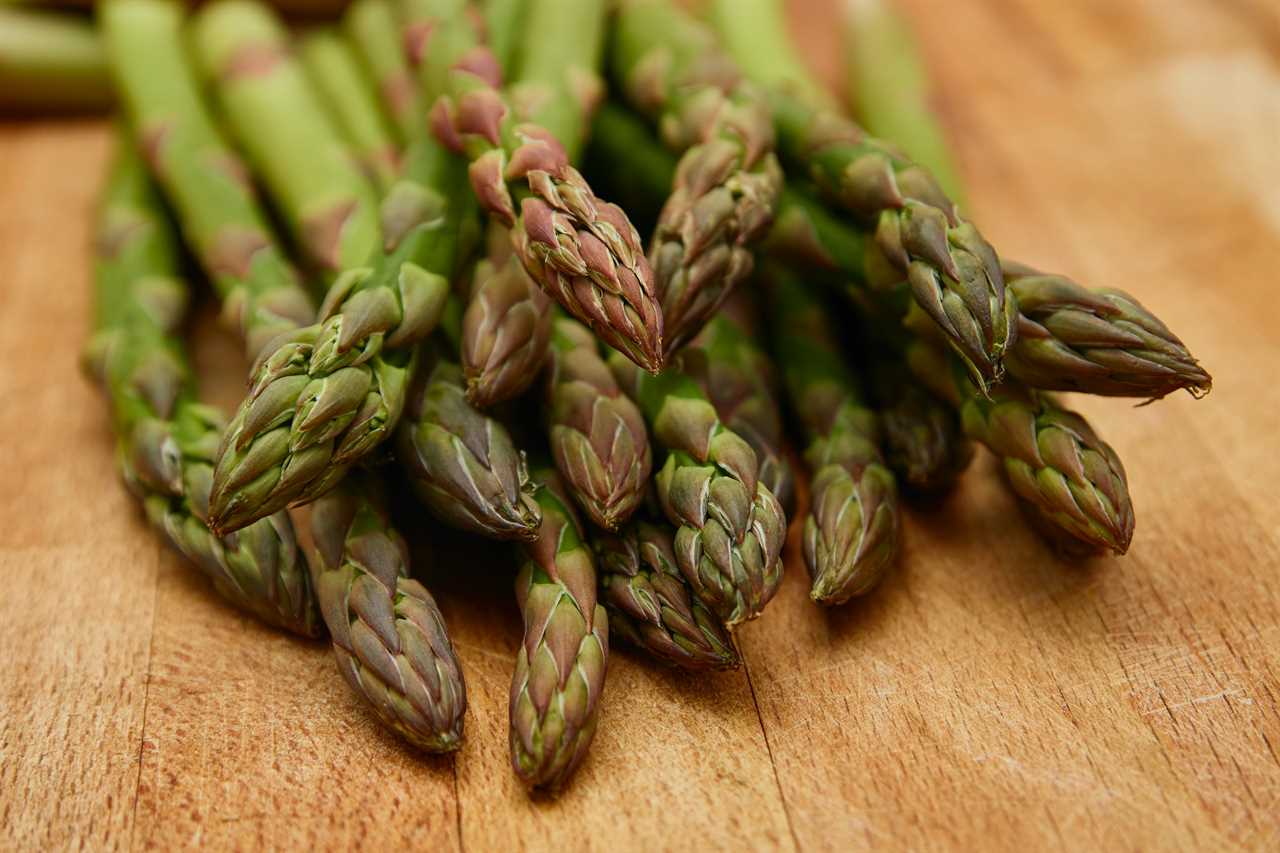
Ingredient Preparation
Get organized and save time by preparing all your ingredients in advance before you start cooking. Mise en place, which means ‘everything in its place,’ is a technique that involves prepping and arranging all your ingredients before you begin cooking.
This method offers several benefits, including time-saving ingredient prep. By having everything ready to go, you can streamline the cooking process and avoid scrambling to find ingredients while you’re in the middle of a recipe.
Mise en place also helps you stay organized and focused during the cooking process, allowing you to fully enjoy the freedom and creativity that comes with cooking. So take a few extra minutes to measure, chop, and gather all your ingredients before you start, and experience the efficiency and satisfaction that comes with being well-prepared.
Quality Ingredients
Choose fresh and flavorful ingredients to elevate the taste of your dishes and enhance your cooking skills. Experimenting with new flavors and exploring local cuisine allows you to discover unique tastes and expand your culinary horizons.
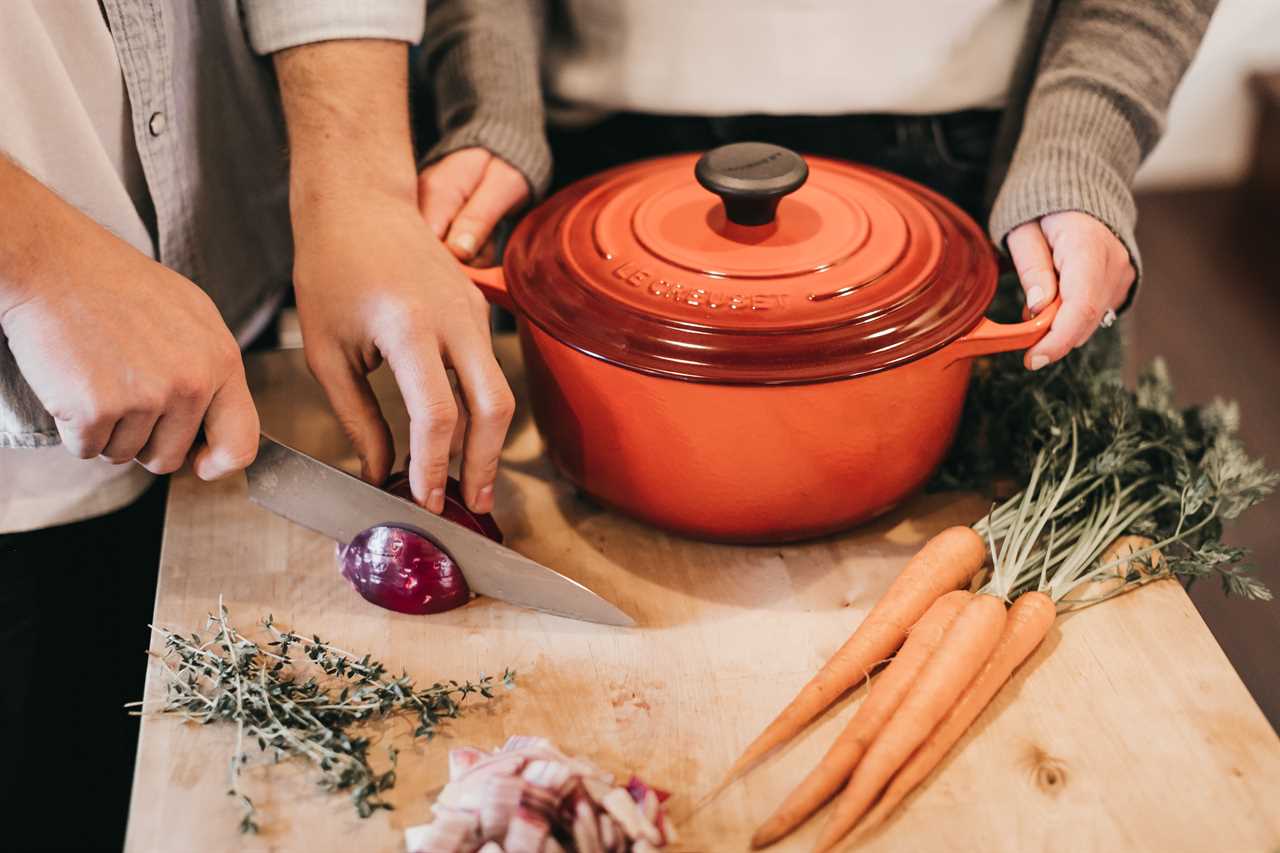
By using high-quality ingredients, you can create dishes that are bursting with flavor and take your cooking to the next level. Local and seasonal ingredients offer a fresh and vibrant quality that can truly enhance the overall taste of your dishes.
Whether it’s incorporating exotic spices or trying out new fruits and vegetables, experimenting with flavors allows you to create exciting and memorable meals. So, embrace the freedom to explore and let your taste buds guide you on a culinary adventure.
Mastering Cooking Techniques
Improve your culinary skills by practicing and perfecting various cooking techniques such as sautéing, boiling, roasting, grilling, and baking. Mastering these different cooking methods will expand your culinary repertoire and make you a versatile cook.
Additionally, honing your knife skills is essential for efficient and safe cooking. Here are some tips to help you master cooking techniques and improve your knife skills:

-
Learn the basics: Familiarize yourself with the fundamental cooking techniques like sautéing, boiling, roasting, grilling, and baking. Understand the principles behind each method and practice them regularly.
-
Experiment and explore: Don’t be afraid to try new recipes and techniques. Experiment with different ingredients and flavors to enhance your skills and creativity in the kitchen.
-
Practice knife skills: Invest in a good-quality chef’s knife and learn proper knife techniques such as slicing, dicing, and chopping. Practice these skills to improve your efficiency and precision in the kitchen.
-
Seek guidance: Take advantage of online tutorials, cooking classes, or workshops to learn from experts and refine your cooking techniques and knife skills.
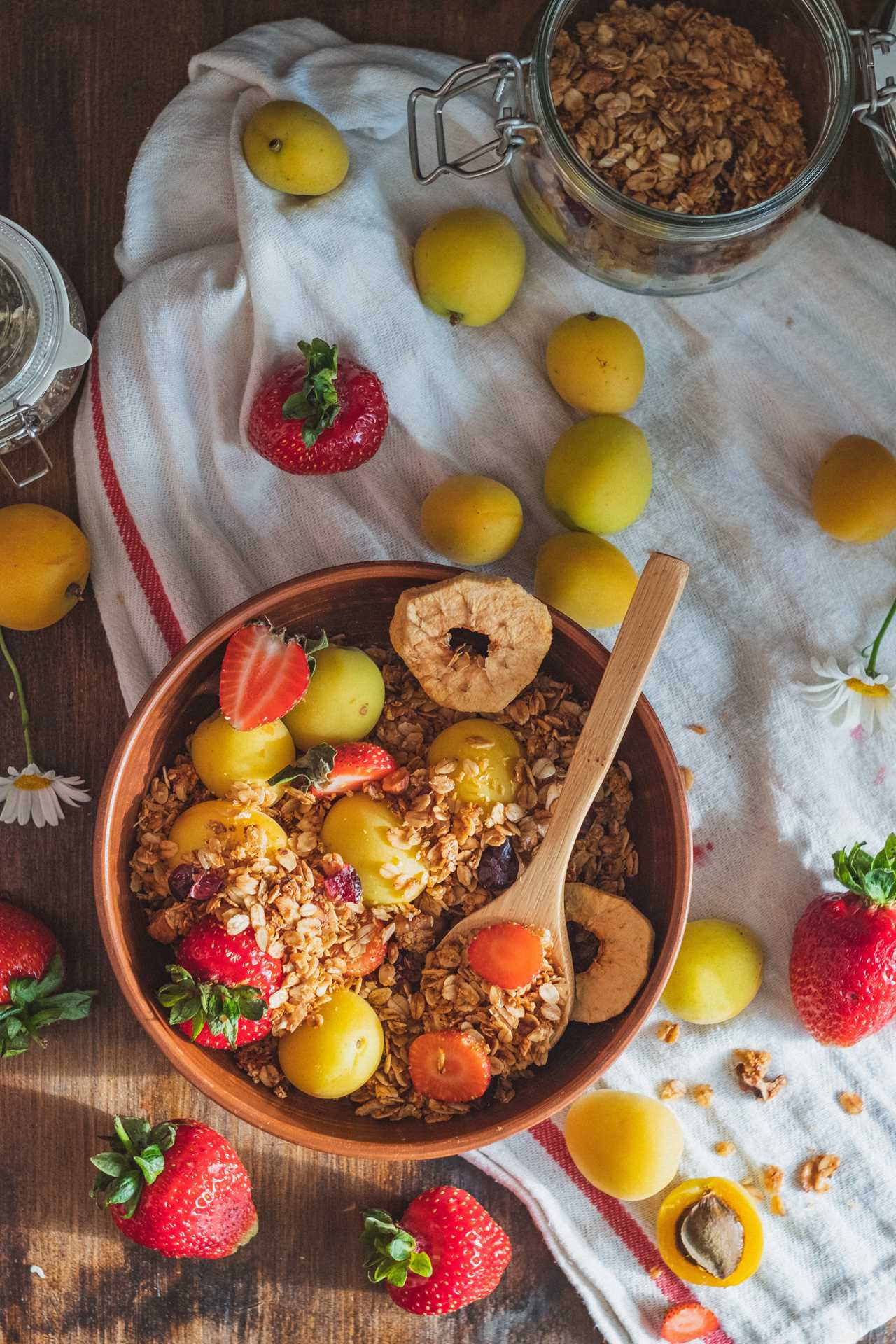
Proper Seasoning
When seasoning your food, make sure to taste as you go and adjust the flavors accordingly to enhance the overall taste of your dishes. Seasoning is a crucial step in cooking that can elevate your dishes from good to outstanding.
To achieve the perfect balance of flavors, start by adding a small amount of seasoning and gradually increase it until you reach the desired taste. Remember, you can always add more seasoning, but it’s difficult to take it away once it’s been added.
Experiment with different herbs, spices, and seasonings to create unique flavor profiles that suit your preferences. Don’t be afraid to be bold and creative with your seasoning choices. The key is to trust your palate and adjust the flavors as needed.
Avoid Overcrowding the Pan
To ensure proper cooking, it is important to avoid overcrowding the pan when sautéing or stir-frying. This can be done by allowing heat to distribute evenly, which will benefit you in several ways. It will help achieve even cooking and maintain the texture and flavor of your ingredients.

Here are some tips for achieving even cooking:
-
Cook in batches if needed: If your pan is too small to accommodate all your ingredients, it is best to cook them in batches. This will prevent overcrowding and ensure that each ingredient cooks evenly.
-
Use a larger pan: Using a larger pan than necessary can also help in preventing overcrowding. This allows for better heat distribution and ensures that your ingredients cook evenly.
-
Maintain a high heat: It is important to keep the heat at a medium-high to high level when sautéing or stir-frying. This will help in preventing your ingredients from steaming or stewing instead of cooking.
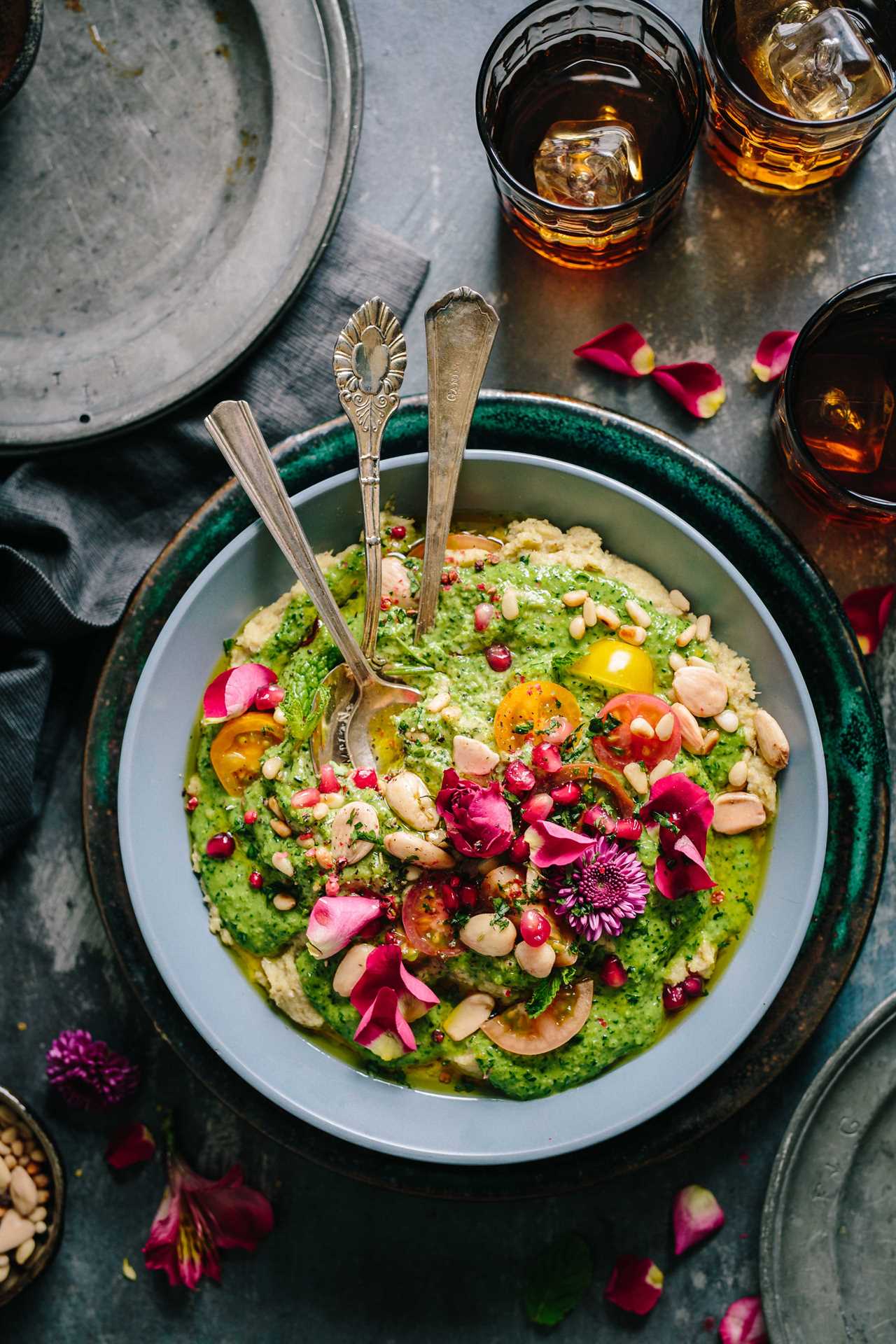
-
Stir frequently: Regularly stirring your ingredients while cooking will help in distributing the heat evenly and preventing any hot spots.
Using the Right Tools
Now that you understand the importance of avoiding overcrowding the pan, let’s focus on another crucial aspect of cooking: using the right tools.
Choosing the right equipment is essential for both efficiency and safety in the kitchen. Having good-quality cooking utensils, knives, and equipment can greatly enhance your cooking experience. Invest in tools that are durable and reliable, ensuring they can withstand regular use. Additionally, consider using BPA-free cooking products to prioritize your health and safety.
Using appropriate tools for specific cooking techniques is also important. Different recipes may require different tools, such as a whisk for mixing or a blender for pureeing. By having the right equipment, you can achieve better results and make your cooking process smoother.
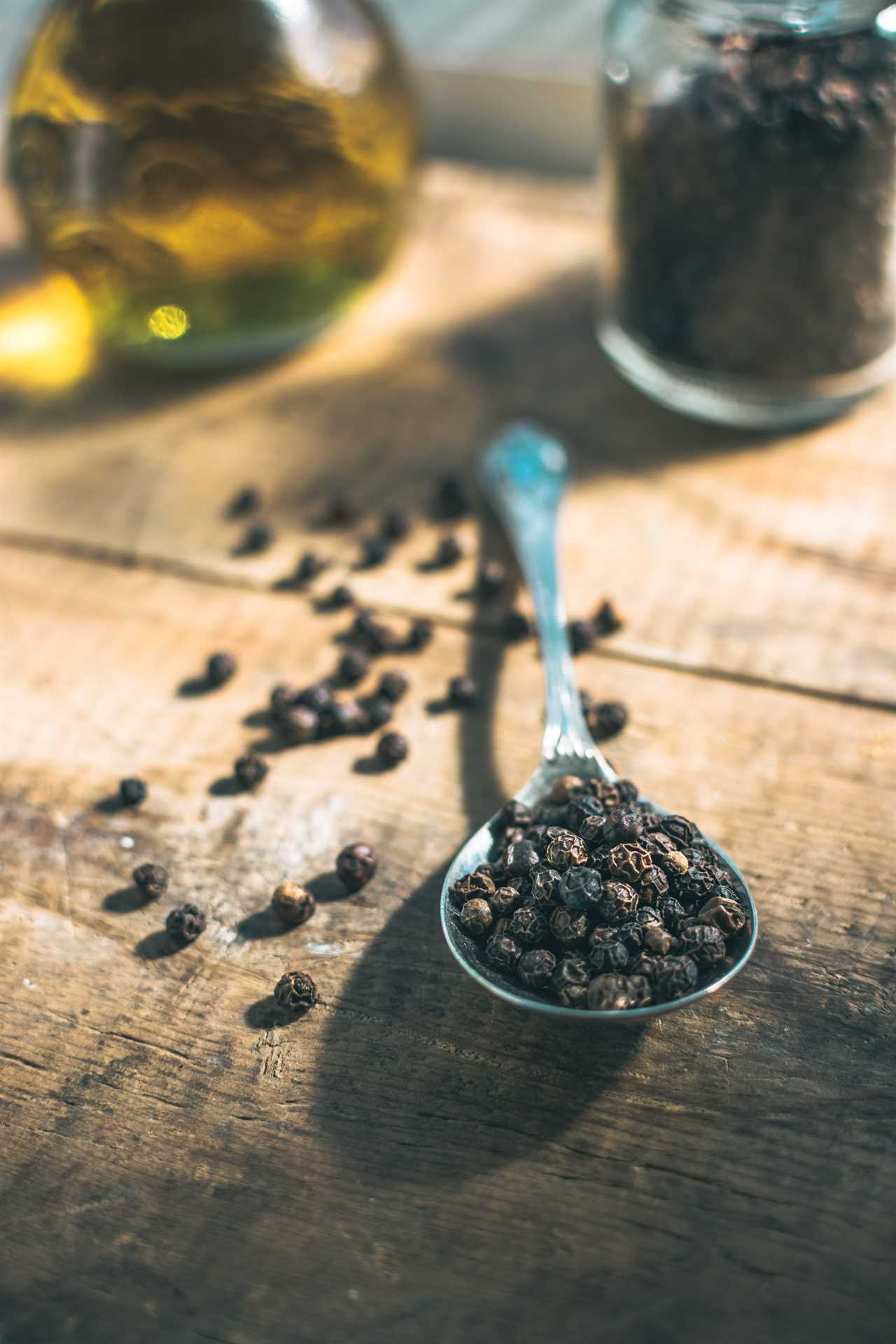
Remember to maintain kitchen safety as well. Keep your tools organized and easily accessible, reducing the risk of accidents while cooking. Regularly inspect your equipment for any signs of damage and replace them if necessary. By choosing the right tools and maintaining kitchen safety, you can enjoy the freedom to explore new recipes and develop your culinary skills.
Cleanliness and Organization
Keep your workspace clean and organized to maintain a hygienic cooking environment and focus on cooking without distractions. Follow these tips to effectively organize your workspace and keep your utensils clean:
-
Clear clutter: Remove any unnecessary items from your workspace to create a clean and organized cooking area.
-
Use designated storage: Assign specific places for your utensils and ingredients to avoid confusion and make them easily accessible.
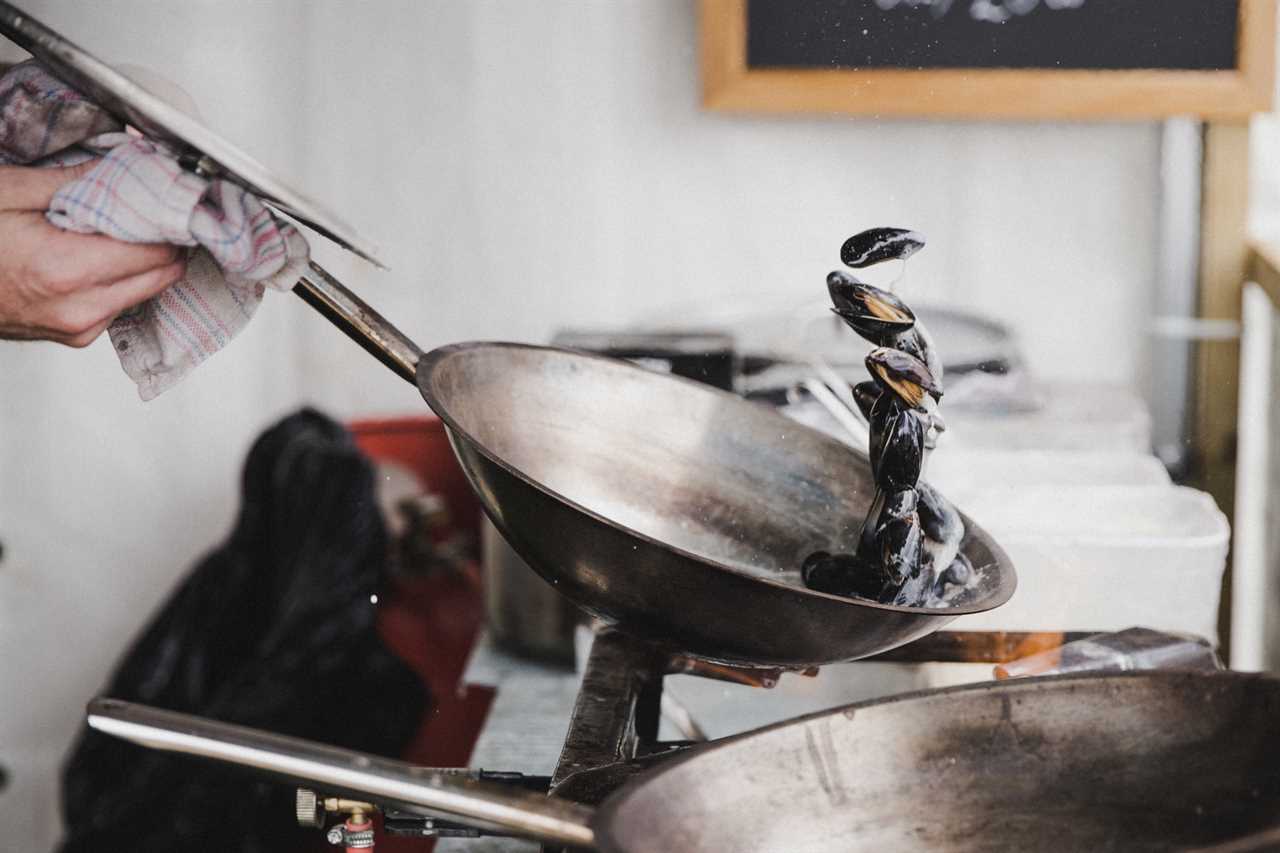
-
Clean as you go: Wash utensils, cutting boards, and bowls as you finish using them to prevent a buildup of dirty dishes.
-
Establish a routine: Develop a habit of cleaning and organizing your workspace before and after each cooking session to maintain cleanliness and efficiency.
Experimentation and Creativity
Try out new flavor combinations and get creative in the kitchen to expand your culinary skills and discover unique dishes. Flavor experimentation allows you to break free from traditional recipes and explore exciting taste profiles. Don’t be afraid to mix unexpected ingredients together and see what happens.
To further enhance your culinary experience, consider exploring creative plating ideas. Aesthetically pleasing presentations can make your dishes even more enticing and enjoyable. Experiment with different plating techniques, such as layering, stacking, or using decorative garnishes. Play with colors, textures, and shapes to create visually stunning meals that will impress both your taste buds and your eyes.
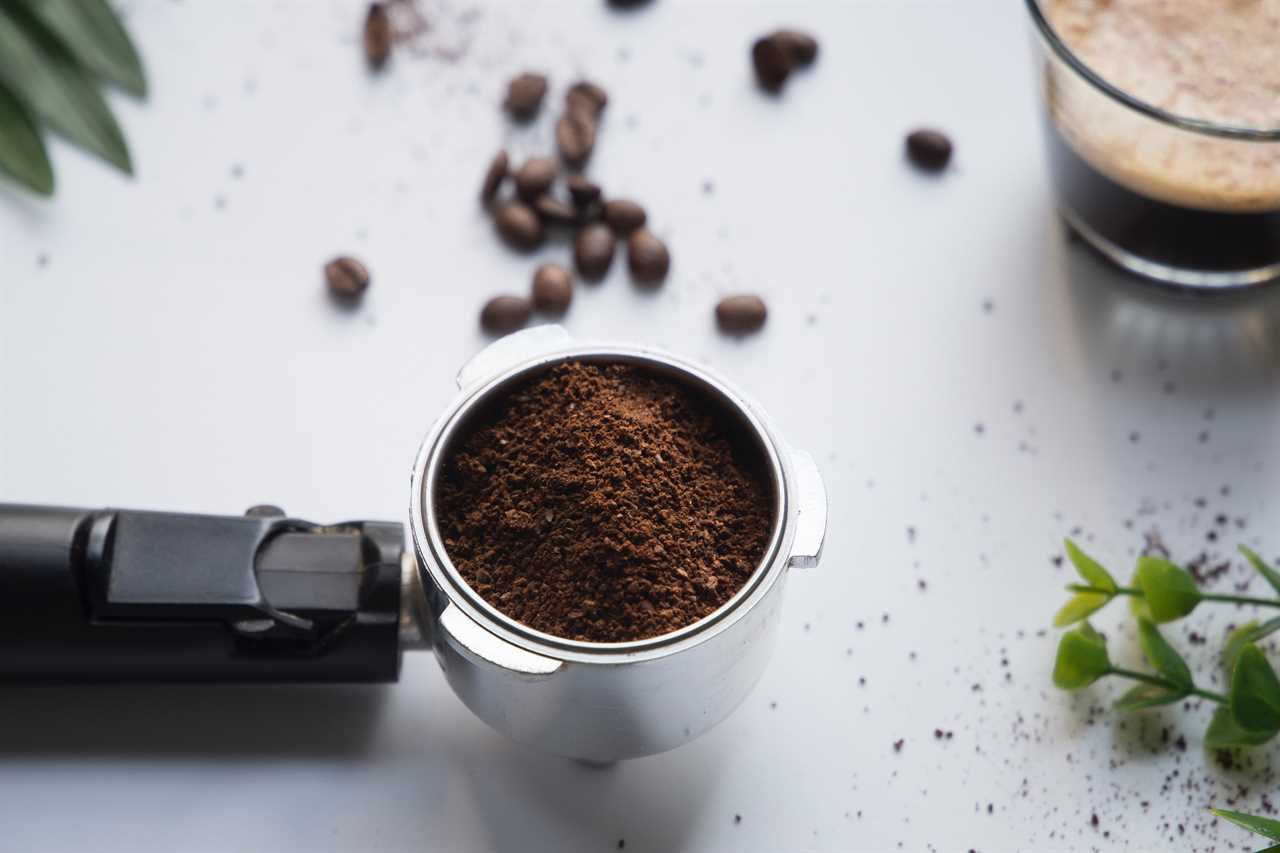
Frequently Asked Questions
How Can I Save Money While Meal Planning?
To save money while meal planning, try these tips for grocery shopping on a budget.
- First, create a meal plan that focuses on affordable ingredients and uses leftovers efficiently.
- Look for sales, discounts, and coupons to stretch your budget.
- Buy in bulk for items you use frequently.
- Consider buying frozen or canned produce instead of fresh.
Lastly, compare prices at different stores and consider shopping at discount or wholesale stores for better deals.
What Are Some Common Mistakes to Avoid When Reading a Recipe?
When reading a recipe, it’s important to avoid common mistakes that can lead to disappointing results.
One common mistake is not thoroughly reading the entire recipe before starting to cook. By doing so, you may miss important steps or misunderstand cooking techniques and timing.
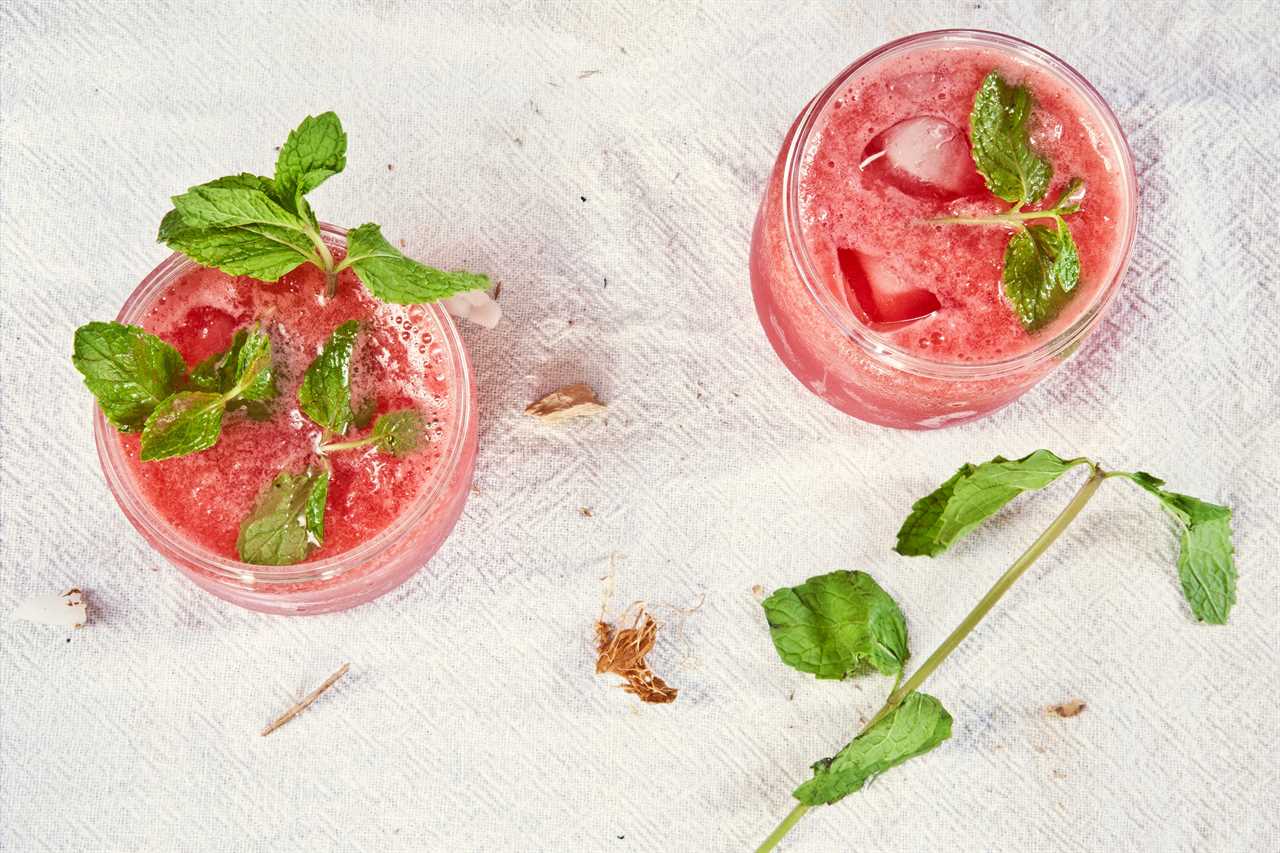
Another mistake to avoid is not properly measuring your ingredients. Accurate measurements are crucial for achieving the desired taste and texture in your dishes.
Take the time to read and measure carefully, and you’ll be on your way to cooking success.
How Do I Know if an Ingredient Is Fresh and of Good Quality?
To determine if an ingredient is fresh and of good quality, start by visually inspecting it. Look for vibrant colors, firm textures, and no signs of mold or spoilage.
Next, use your sense of smell to detect any off odors or unpleasant smells. Fresh ingredients should have a clean and pleasant aroma.
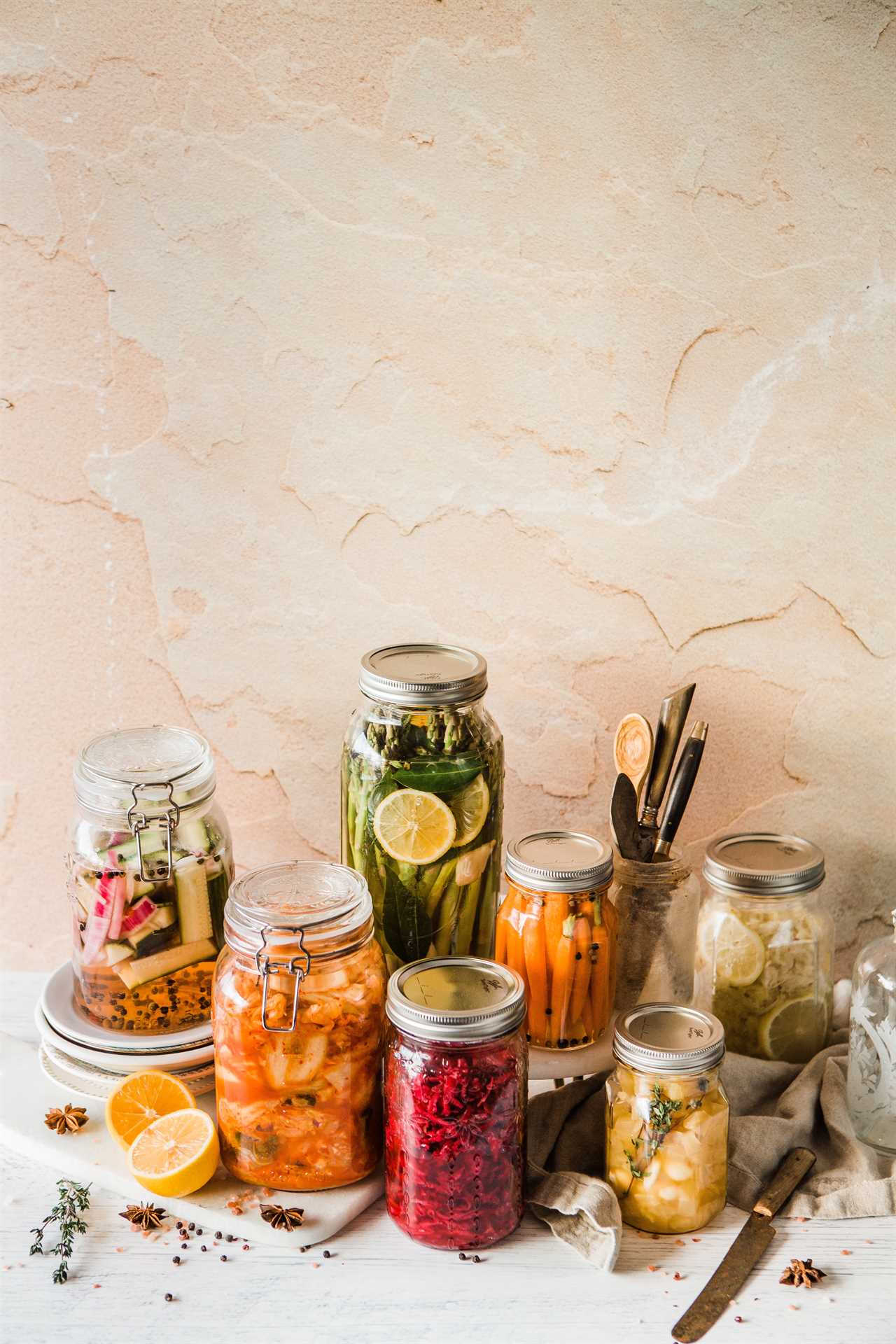
Trust your instincts and rely on your senses to ensure you’re using the best ingredients for your cooking.
What Are Some Advanced Cooking Techniques I Can Learn After Mastering the Basics?
After mastering the basics of cooking, you can explore advanced techniques like advanced knife skills and sous vide cooking.
Advanced knife skills involve precision and speed in chopping, slicing, and dicing ingredients.
Sous vide cooking is a method where food is sealed in a vacuum-sealed bag and cooked in a water bath at a precise temperature. This technique ensures even cooking and allows you to achieve perfect results with meats, fish, and vegetables.
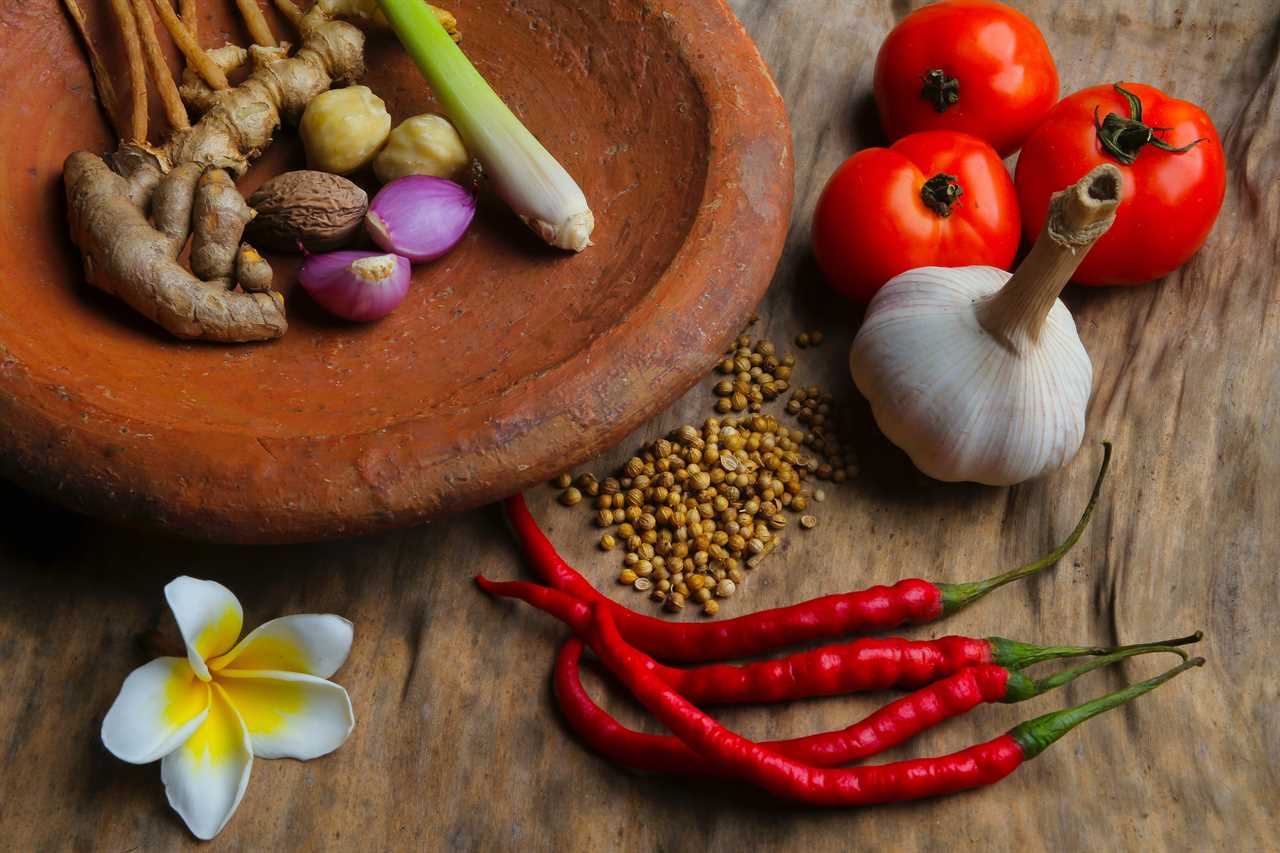
These techniques will elevate your culinary skills and take your cooking to the next level.
How Can I Add Flavor to My Dishes Without Using Salt or Spices?
Looking to add flavor to your dishes without relying on salt or spices? Get ready to explore a world of alternative seasoning options!
From tangy citrus zest to rich umami-packed ingredients like mushrooms and soy sauce, there are creative ways to enhance flavor. Experiment with fresh herbs, infused oils, and aromatic vinegars.
Don’t forget about the power of acidity and sweetness in ingredients like lemon juice and honey.
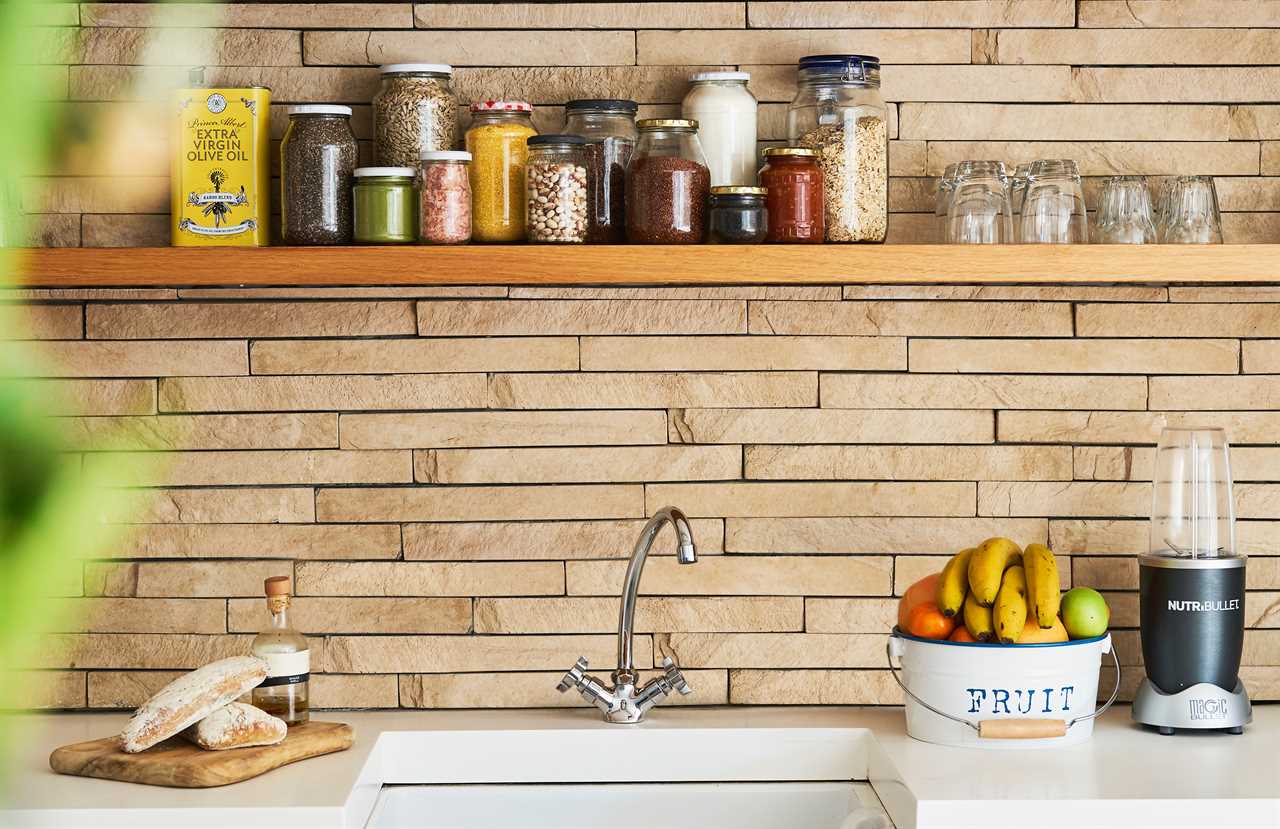
Unlock a whole new realm of taste sensations and elevate your culinary creations.

